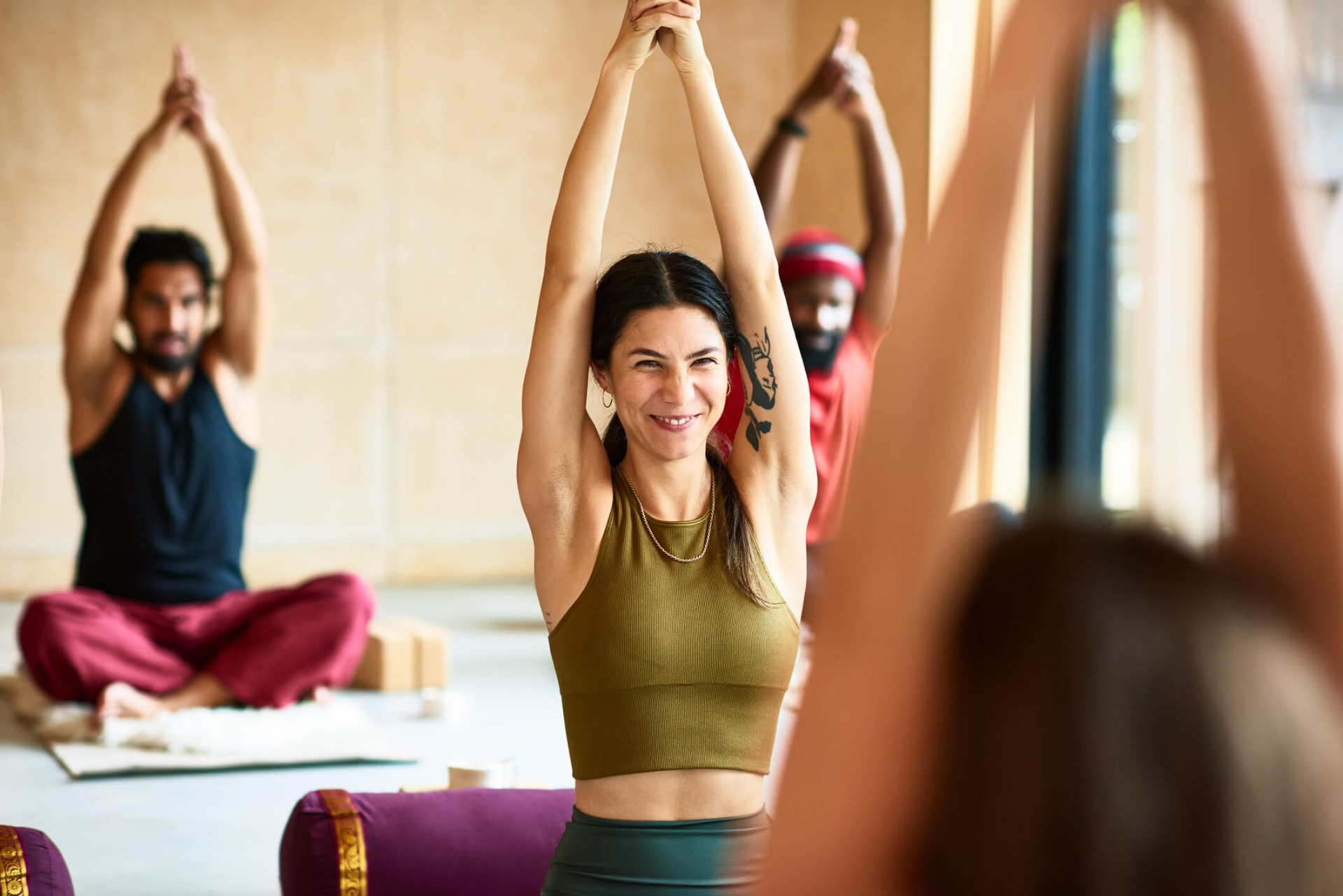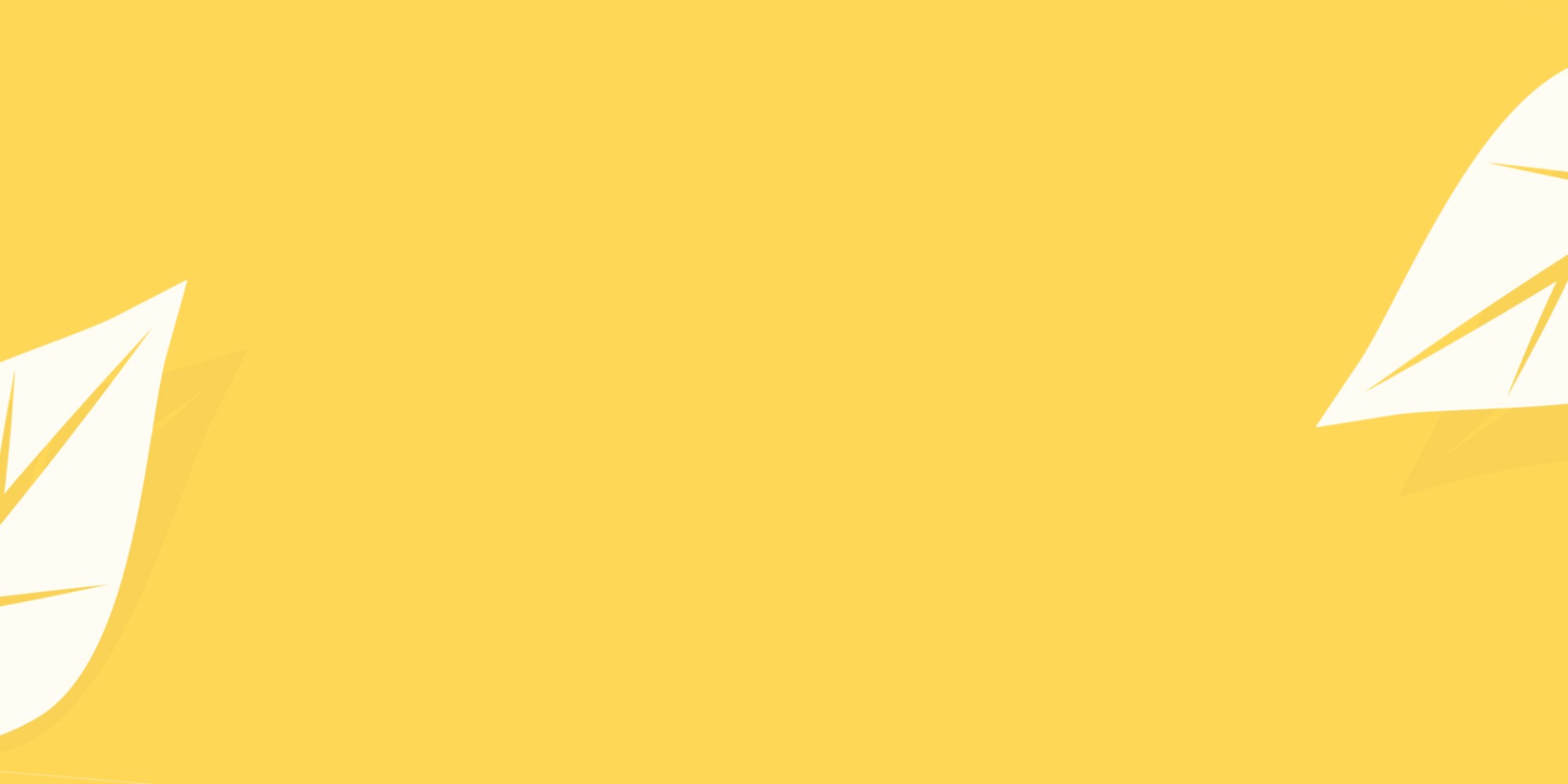How your emotions affect your ability to learn a language

When your mind relaxes, your language starts to flow.
Have you ever noticed that on some days, speaking Dutch feels easy and natural and on other days, the same sentence suddenly feels impossible? You forget the simplest words, your tongue feels heavy, and your brain seems to freeze. Nothing has changed in your knowledge of the language. What has changed is how you feel.
The emotional side of learning Dutch
Emotions play a much bigger role in language learning than most people realise. You can study grammar and memorise endless vocabulary lists, but if you feel tense or insecure, your brain simply won't cooperate. Language is deeply connected to emotion. When we speak, we don't just use our mind: we use our whole nervous system.
Think about how you learned your first language. You didn't sit at a desk with a book. You listened, watched, tried, and felt safe enough to make mistakes. Children learn because they are emotionally free to explore. Adults, on the other hand, often carry fear. Fear of sounding silly or being judged. Those emotions tighten the body and block natural speech.
Why emotions block or boost your Dutch fluency
When you feel anxious, your brain moves into protection mode. It focuses on survival, not creativity. That's why your vocabulary suddenly disappears when someone unexpectedly speaks Dutch to you at the bakery. Your brain isn't lazy, it's protecting you from embarrassment. But this protection comes at a cost: it shuts down access to what you already know.
The opposite is also true. When you feel relaxed and curious, your brain opens up. You start noticing patterns, remembering new words, and enjoying the process. Joy and curiosity are powerful accelerators when you want to learn Dutch. They tell your nervous system: "It's safe to be here. You can play." And language, at its core, is play, a dance of sounds, meanings and connections.
Creating a calm space for learning
This is one of the reasons I created my podcast Yes, you can speak Dutch! Short, clear episodes with transcripts you can read along with. The episodes help you listen and absorb the rhythm of Dutch in a calm, friendly way. Step by step, your confidence grows. Later in the series, the episodes are entirely in Dutch, not to make it harder, but to gently challenge you in a safe space, where understanding and emotion work together.
Learning a language is not only an intellectual journey. It's an emotional one. When you feel proud of yourself for understanding a small phrase, your brain releases dopamine, a "feel-good" chemical that strengthens memory. When you laugh, your body relaxes and you learn more easily. When you feel connected to another person, a teacher, a friend, or even a voice in your headphones, your motivation grows naturally.
How to support your emotions while learning Dutch
Instead of asking "How can I learn Dutch faster?", try asking "How can I feel better while learning?". Here are a few ideas:
• Breathe before you speak. A calm body supports a calm mind.
• Celebrate small victories. Every sentence or word remembered is progress.
• Be kind to yourself. Mistakes are not failures: they are proof that you are learning.
• Connect emotionally. Watch Dutch movies that move you, listen to songs that make you smile, or talk to someone who makes you feel safe.
Emotional freedom = language freedom
When you treat language learning as an emotional practice instead of a performance, everything changes. You stop trying to impress and start expressing. You begin to notice that the moments of ease, laughter and connection are the ones where Dutch truly comes alive inside you.
Real fluency doesn't mean perfect grammar. It means emotional freedom. The ability to stay open, curious and kind to yourself, even when you forget a word or stumble through a sentence.
So next time you tense up before speaking Dutch, take a breath. Smile. Remember that your emotions aren't the enemy of learning: they are the bridge to it.
